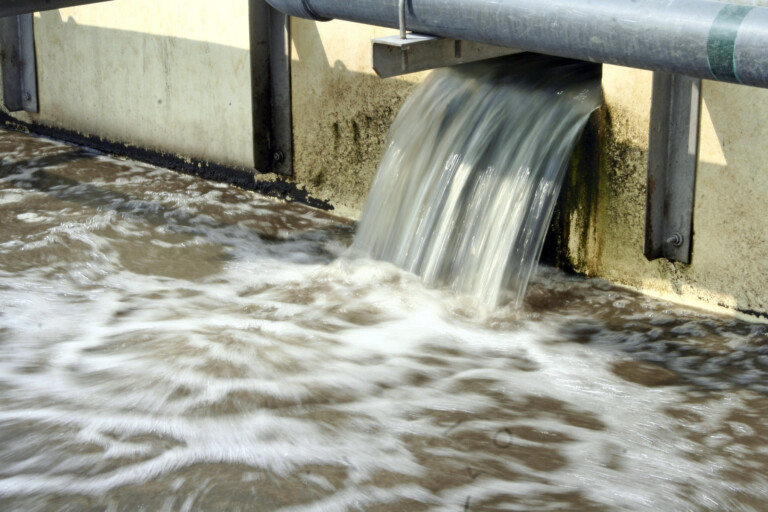Nearly a third of all antibiotics that people consume end up in the world’s rivers, a new study finds. This could potentially harm aquatic life and impact human health by promoting drug resistance, researchers say. Antibiotics, critical for treating various bacterial infections, are widely consumed by people, livestock and aquaculture fish, but the drugs are only partially absorbed by the body. Much is excreted, entering the environment, especially water bodies. Previous studies estimating environmental antibiotic pollution at global scales have done so using field data from select rivers or have also included livestock and industrial sources.
The recent study focused solely on the contribution of human consumption to antibiotics in rivers and oceans, including in places where no field measurements exist. To do so, the researchers used a model to simulate the pathway of the 40 most globally used antibiotics across the world’s river systems. The model used existing data on the antibiotics to track their journey, right from human consumption through excretion, transport and removal through wastewater systems, discharge into rivers, and eventual degradation in water bodies.
The researchers validated the model using field measurements from nearly 900 river locations. From 2012-2015, people consumed about 29,200 metric tons of the 40 most-used antibiotics each year, the researchers found. Nearly a third of those antibiotics, about 8,500 metric tons, were released into rivers globally, the model showed. “This is concerning because antibiotics in water bodies can not only pose risks to aquatic ecosystems but also (and maybe more importantly) promote…This article was originally published on Mongabay


